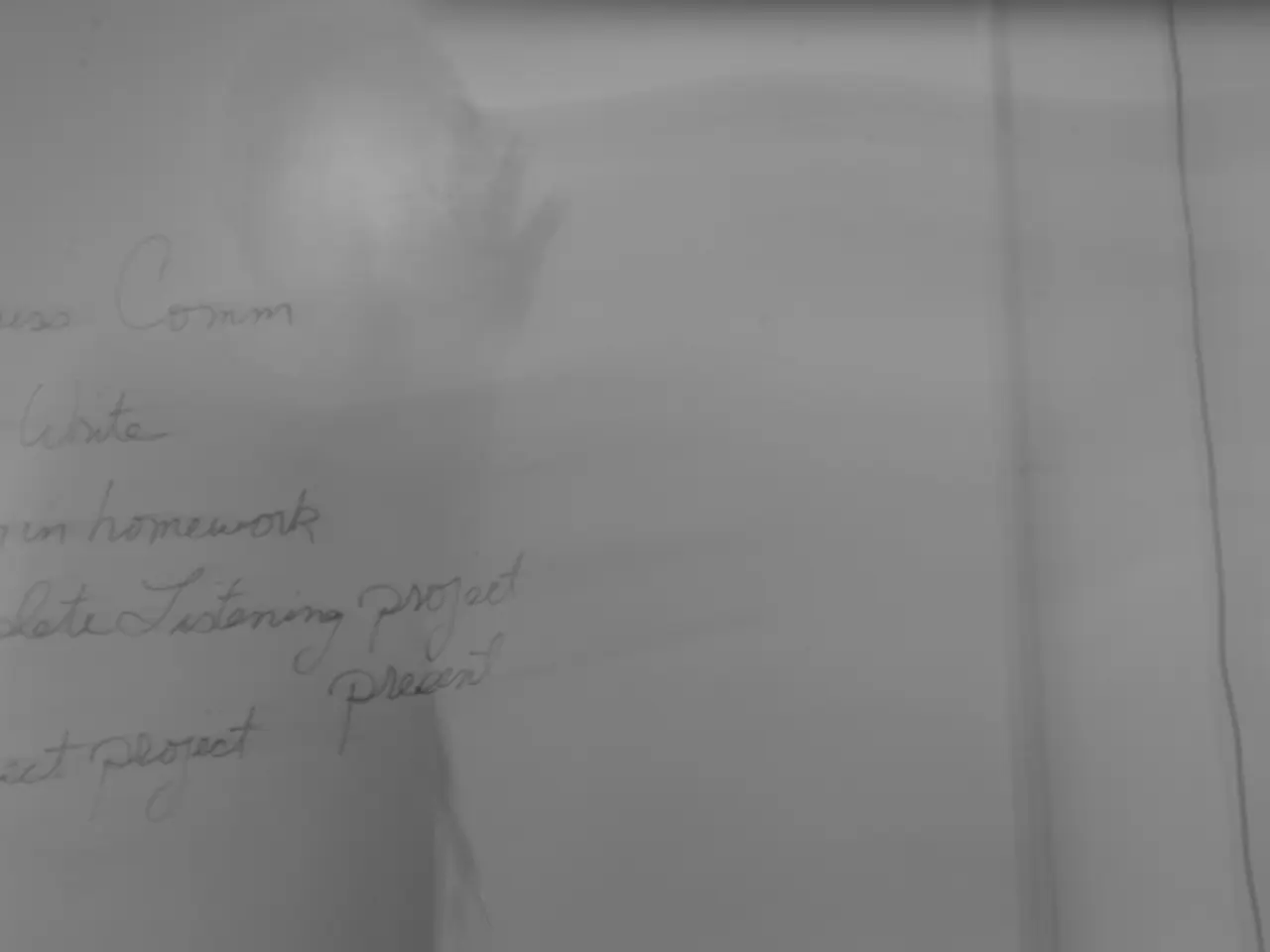Large pension dilemma: Understanding the reason behind potential lack of 25% tax-exempt cash payout
In a significant move, former Chancellor Jeremy Hunt announced changes to pension regulations earlier this year, which are set to impact a large number of individuals in the UK.
One of the key reforms is the scrapping of the lifetime allowance for pension contributions, which previously stood at £1,073,100. This means that the amount you can put into workplace pensions and self-invested personal pensions (Sipps) without facing a tax penalty is no longer limited.
However, this change comes with implications. The reforms include a maximum limit of 25% of the lifetime allowance as a limit on tax-free cash. This means that the maximum tax-free cash that can be withdrawn from a pension pot is now £268,275.
For instance, a pension pot of £1,073,100, assuming 6% annual investment growth and no inflation, would grow to £1,921,759 over a decade. However, if the tax-free lump sum remains at £268,275, a retiree could only withdraw 14% of their pension pot tax-free after a decade, assuming 3% annual inflation. After a decade, the tax-free lump sum, assuming 3% annual inflation, drops to £199,622, or just 10% of the retirement pot.
Quilter, a wealth manager, has labelled these reforms as a "stealth tax". They argue that the potential reduction of the tax-free cash withdrawal from 25% to just 10% over the next decade could result in several thousand pounds of tax-free money being lost by pensioners and individuals with defined contribution pension schemes.
Savers with defined benefit pension schemes may need to consider more complex planning to protect their tax-free cash in light of the new rules. Some savers may choose to crystallize their pension early and invest their tax-free cash in products like ISAs or insurance bonds to protect and optimize their tax-free cash.
However, early withdrawal of tax-free cash comes with its own risks. Alice Haine, a personal finance analyst at Bestinvest, warns that early withdrawal gives up tax-free investment growth and makes the money liable for inheritance tax. Moreover, crystallizing a pension triggers the money purchase annual allowance (MPAA), limiting annual pension contributions to £10,000 a year.
Given the complexity and potential implications of these changes, it is crucial for individuals to seek professional advice. The best outcomes for consumers will depend on their individual and family circumstances.
Further changes to pensions, including the lifetime allowance and tax-free cash, could be announced by the new Labour government in the autumn Budget on 30 October. It remains to be seen how these developments will shape the UK's pension landscape in the coming years.
Read also:
- Peptide YY (PYY): Exploring its Role in Appetite Suppression, Intestinal Health, and Cognitive Links
- Toddler Health: Rotavirus Signs, Origins, and Potential Complications
- Digestive issues and heart discomfort: Root causes and associated health conditions
- House Infernos: Deadly Hazards Surpassing the Flames






